#IndustryNews
Porsche Casts Doubt Upon Combustion Ban Timeline
While we’re constantly hearing about tightening emissions regulations, the relevant timelines issued by government actors are rarely adhered to. Electric vehicle subsidies went from temporary to indefinite and combustion bans have gone from right around the corner to anyone’s guess. This is also true of the industry itself, which often makes bold promises designed to appease a subset of the public only to repeatedly move the target date back a few years.
With this in mind, Porsche’s CFO was recently quoted as saying European combustion bans will probably need to be delayed and there’s good reason to believe him.
Robotic Tire Changing Business Goes Bust
A Detroit-based startup hoping to normalize robotic tire changes has filed for bankruptcy, perhaps offering hope to all the humans worried that they're about to be displaced by automation. RoboTire, which launched in 2019, had stated its intention to speed up vehicle maintenance for auto repair shops, fleet operators and dealerships. Now its status is Chapter 7.
Opinion: Stop Subsidizing Electric Vehicle Programs
Hoping to increase the United States’ electric vehicle charging infrastructure, the White House has announced $623 million in grants to build more charging stations. This plays into the Biden administration's goal of having 500,000 public chargers in the U.S., and see 50 percent of all new vehicle sales become electric, by 2030. However, the federal government has already poured billions into the cause and it’s looking like an incredible waste of money during a period where citizens are growing increasingly concerned about the economy.
Study: Johns Hopkins Says Shrinking Streets Could Improve Safety
A Johns Hopkins School of Public Health’s Bloomberg American Health Initiative study, published late last year, has suggested that narrow streets are safer than wider ones.
It sounds counterintuitive. But let us dig in to see how the report came together.
Buick Dealerships Taking Buyouts, EV Sales Program Rejected By 47 Percent
Buick reportedly spent 2023 closing a lot of dealerships. The brand lost 47 percent of its American retail locations through the year, which has been attributed to General Motors buying out storefronts that refused to invest in the necessary changes required to sell all-electric vehicles.
Nippon Steel Set to Buy U.S. Steel, Union Dismayed
On Monday, Japan's Nippon Steel expressed its intention to purchase the United States Steel Corporation. The iconic American business supplies numerous industries, with the automotive sector being one of the largest.
Nippon Steel is reportedly offering a deal worth $14.9 billion and the assumption of any debt. However, the United Steel Workers don’t seem pleased with the arrangement and were said to have backed an earlier offer from domestic rival Cleveland-Cliffs Inc. totaling $7.25 billion.
Report: Chinese Export Rule Changes Could Impact EV Battery Production
China has reportedly decided to place restrictions on exports of graphite, which could spell trouble for American EV manufacturers. Starting this month, the Chinese government requires permits for certain graphite products being exported. This includes synthetic and natural graphite meeting the necessary thresholds to be used on electric vehicle batteries.
Report: Auto Dealers Ask Biden Admin to Slow Down EV Mandates
Roughly 4,000 U.S. dealerships are asking President Joe Biden to reconsider proposed federal regulations they’ve alleged would mandate an unrealistic national shift toward battery-electric vehicles consumers simply aren’t buying.
Driving Dystopia: Judge Dismisses Automotive Privacy Lawsuit
Last week, a federal judge refused to have the courts reexamine a gaggle of class action lawsuits claiming automotive manufacturers had violated Washington State's privacy laws after allegations that on-board infotainment systems were recording customers’ private text messages and mobile phone call logs. Despite substantial evidence that the above claims are not only true but also just the tip of the iceberg as manufacturers have normalized some of the most egregious data harvesting we’ve seen, the Seattle-based judge said the allegations were not severe enough to be considered a violation of the Washington Privacy Act (WPA).
United Auto Workers Ratify New Labor Contract
Despite several large facilities voting against the UAW labor contract negotiated with Detroit automakers, the deal has been ratified by union members from both General Motors and Stellantis. This is based on the UAW’s own vote tracker and has put to bed any serious fears that GM might have to reenter negotiations.
While Ford’s voting hasn’t yet reached the point where we can say anything definitive, its negotiations with the union also went the best. The Blue Oval offered sweeter deals than rival automakers and sooner, too. It’s on the brink of ratification and may even have reached that point by the time you’re reading this.
UAW Contract Voting Has Been Mixed Thus Far
Unionized Ford workers in Louisville, Kentucky, and General Motors employees from Spring Hill, Tennessee, have voted no on the contract agreement reached by the United Auto Workers. While this only represents a fraction of the UAW votes needed to ratify the updated contract, it’s a sign that the deal hasn’t yet gone through and may not if the trend continues.
Report: Wholesale Used Car Prices Decline Slightly
Wholesale used-vehicle prices reportedly saw a modest dip through the end of last month. However, it wasn’t enough to rationalize running out to the nearest automotive auction or setting up camp near your preferred dealership as you wait for the savings to come rolling in.
Maine Approves Right-to-Repair Rules, Auto Lobby Annoyed
The State of Maine has voted "yes" to Question 4, which mimics the right-to-repair legislation that passed in Massachusetts three years earlier. This makes Maine the sixth state in the U.S. to approve such a measure and requires automakers to standardize modern vehicle onboard diagnostic systems and make them available to both customers and any independent repair shops they’d like to use.
While the decision represents another important victory for the right-to-repair movement, the world’s largest automotive lobby predictably bemoaned the situation.
Report: Toyota Boosts Wages Ahead of UAW Ratification Votes
While the United Automobile Workers (UAW) are preparing to vote on contract proposals offered by Ford, General Motors, and Stellantis, non-union Toyota is increasing hourly wages. Hourly compensation has increased for the automaker’s U.S. manufacturing, distribution center, and logistics employees. It’s also offering more paid time off than before and reducing the time it takes for workers to reach top-tier compensation.
Considering Toyota had already issued two pay bumps for 2023, seeing a third is a bit of a surprise and likely has everything to do with the results of the UAW strike.
Who Actually ‘Won’ the UAW Strike? Are Union Pay Bumps Sustainable?
Despite rampant talk about how the United Auto Workers’ stand-up strike and its resulting deals would bankrupt the automotive sector, the union strategy appears to have ended up costing the industry less than the labor strike GM endured all by its lonesome in 2019.



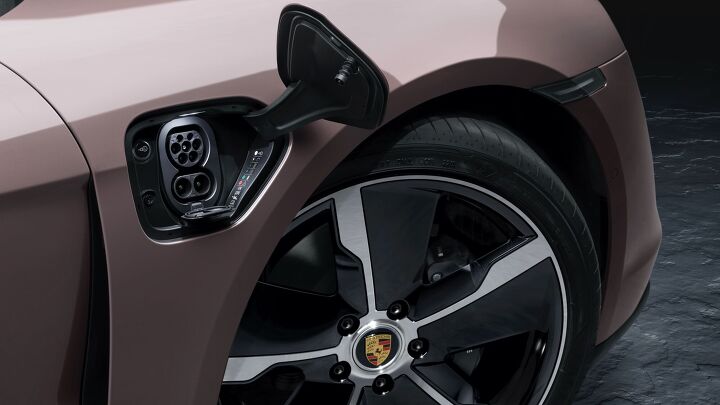
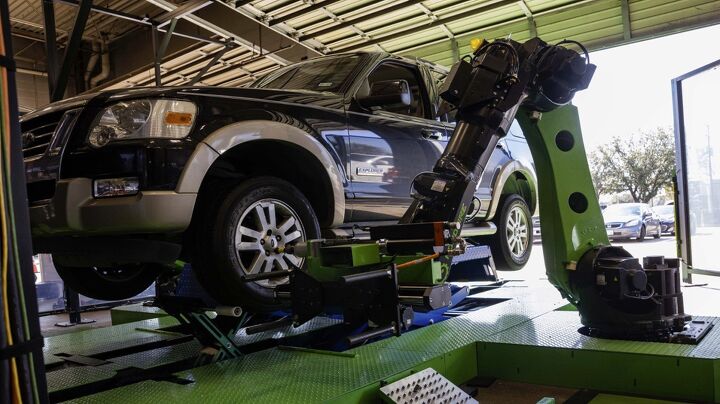
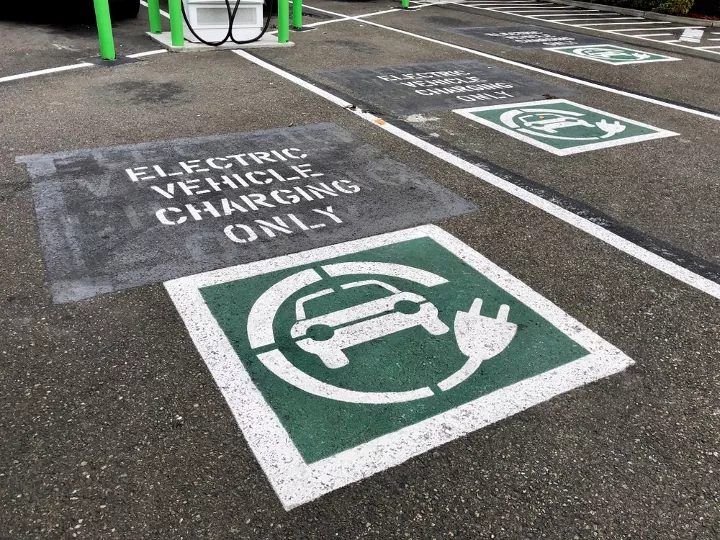

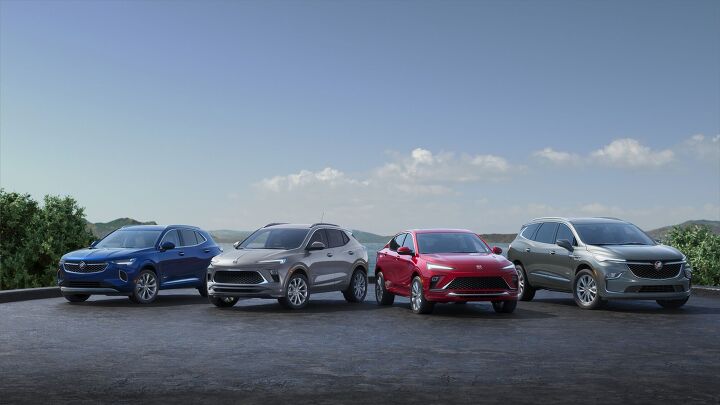
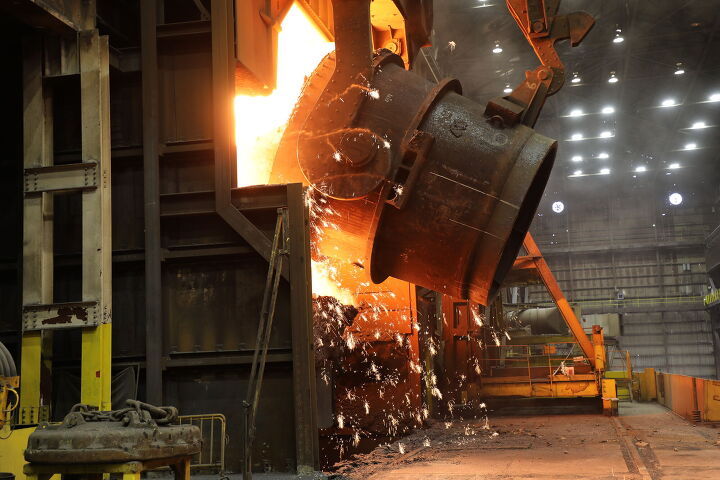
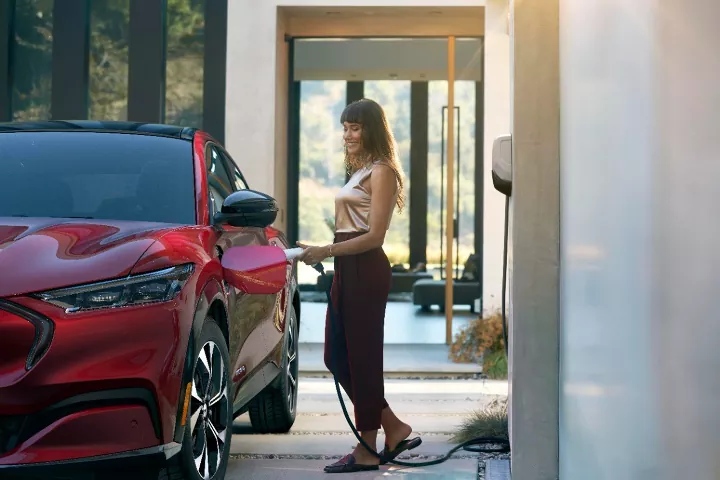
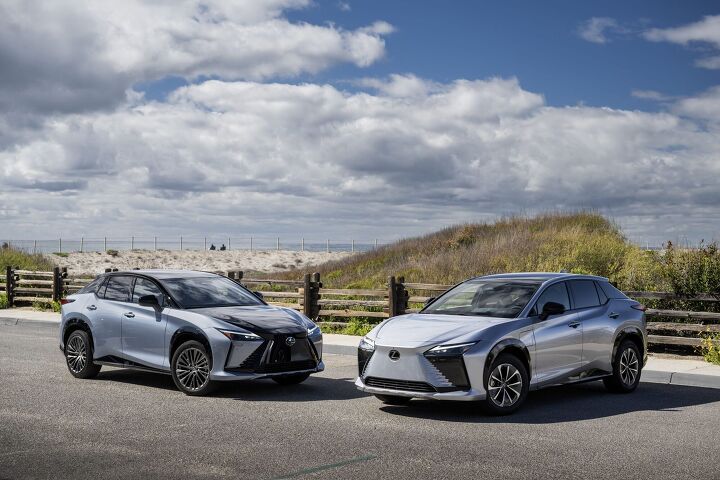



















Recent Comments